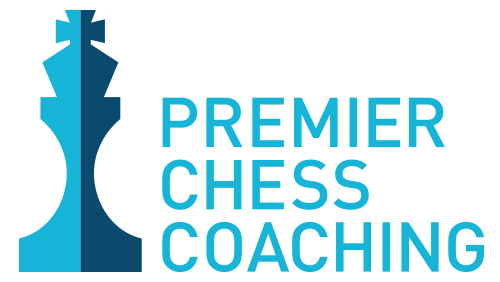Remote learning is a challenge for us parents, and although we sometimes forget, it’s also a huge challenge for our kids. The effects of this type of isolation are just not properly understood. Although the teachers, school boards, and staff are trying their hardest to emulate the at-school experience, things like socialization and interactive problem solving are taking a back seat. Realizing this, parents are flocking to extracurricular chess as a way to supplement remote education.
Chess Builds Social Skills
Chess may sound like a “keep-to-yourself” kind of sport, however it is an extremely valuable social skill-building tool, especially when we’re talking about extracurricular chess. For school-age children, chess is like a bridge. It connects them with children of different ages and backgrounds, giving them more opportunity to build social connections outside the classroom. Chess also teaches them to be humble and gentle in victory, as well as proud and unbending in defeat. But most importantly, chess forces people to see the problem from their opponent’s perspective, and that is a priceless skill not just in a competitive setting, but in life.
After School Chess Helps Boost Grades
There are numerous studies backing up the effect of chess on mathematics and reading. Schools around the world, in particular in Texas and New Brunswick have seen huge success adding chess as a compulsory class.
In a study coming from Texas, students that participated in extracurricular chess showed twice as much improvement in maths and reading between 3rd and 5th grade. We tell parents this all the time – if your child’s school isn’t offering chess as an activity, especially during COVID, they’re a bit behind the times. Reach out and let them know about the benefits of chess during remote learning. In the meantime, we always have room in our chess classroom for more students.
Healthy Competition is Important to Growth
Healthy competition is important, even in our early years, and we often see that remote learning doesn’t scratch this itch. A healthy competitive setting helps foster alertness and awareness. These are skills so important to healthy growth because the real world is a competitive one. Learning to work hard and strive for excellence will help your child achieve his or her best. Chess offers a variety of quality problem-solving opportunities that reward the player for creative thinking. This also makes competition feel fun and shows our students that competition can be a positive experience.
Chess is a cornerstone of education, especially during remote learning. Reach out to your son or daughter’s school and ask about adding chess as an extracurricular activity. Until then, our doors are always open. Book a group chess lesson to get your children involved today!


